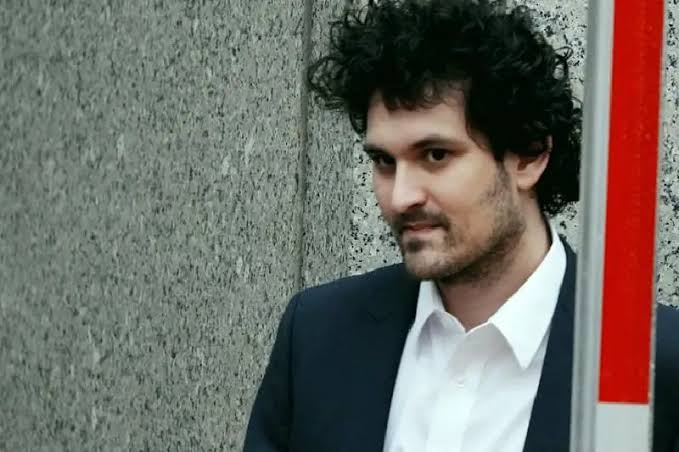Sam Bankman-Fried, once one of the most influential executives in the crypto industry, is now content to argue with the prosecution over his use of a laptop.The U.S. Department of Justice wrote in a letter on Tuesday that the incarcerated creator of the defunct FTX exchange had access to a laptop and three hard drives with defense files every day.In response to a federal judge’s request for a report on the conditions Bankman-Fried faces while being held at the Manhattan Detention Center in Brooklyn, New York, the prosecution filed their response.
In order to prepare for Bankman-Fried’s upcoming criminal trial, his defense team has argued that they “need” him out of custody so that he can work on it. They have told the case’s judge, Lewis Kaplan, that he is having trouble getting internet access and that his phone’s battery life is running low.Following a televised hearing last week, Kaplan instructed the parties to compile a report on these matters.Prosecutors said in their declaration on Tuesday that Bankman-Fried now had access to an air-gapped laptop for 7.5 hours on weekends and holidays and 11 hours throughout the week.Additionally, Bankman-Fried constantly has access to hard drives with defensive information.
Bankman-Fried has use of a laptop with internet access twice a week.Defense lawyers had previously complained about the battery life and sluggish internet connection, but according to the letter sent on Tuesday, the defense team had provided a new battery that “has approximately 8 hours battery life,” and the internet speed throughout the day ranged from 7.5 megabits per second (mbps) to 34 mbps.In its letter, the DOJ stated that this was “sufficient for most internet review activities” (a number of websites claim that 5 mbps is adequate for streaming video).
Judge Kaplan revoked Bankman-Fried’s bail in mid-August after finding that the FTX founder had repeatedly attempted to tamper with witnesses. As a result, Bankman-Fried has been detained since that time.The bail was revoked, and his defense team appealed it, but they claimed that his detention interfered with his Sixth Amendment right to prepare his own case.They moved to release him on a temporary basis.
The defense team’s description of the technological difficulties had previously been disputed by the prosecution, who claimed they were annoying but not incapacitating.


